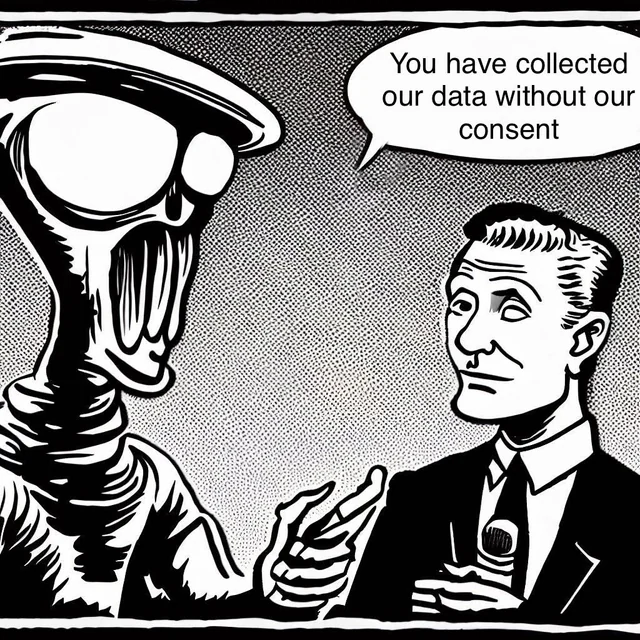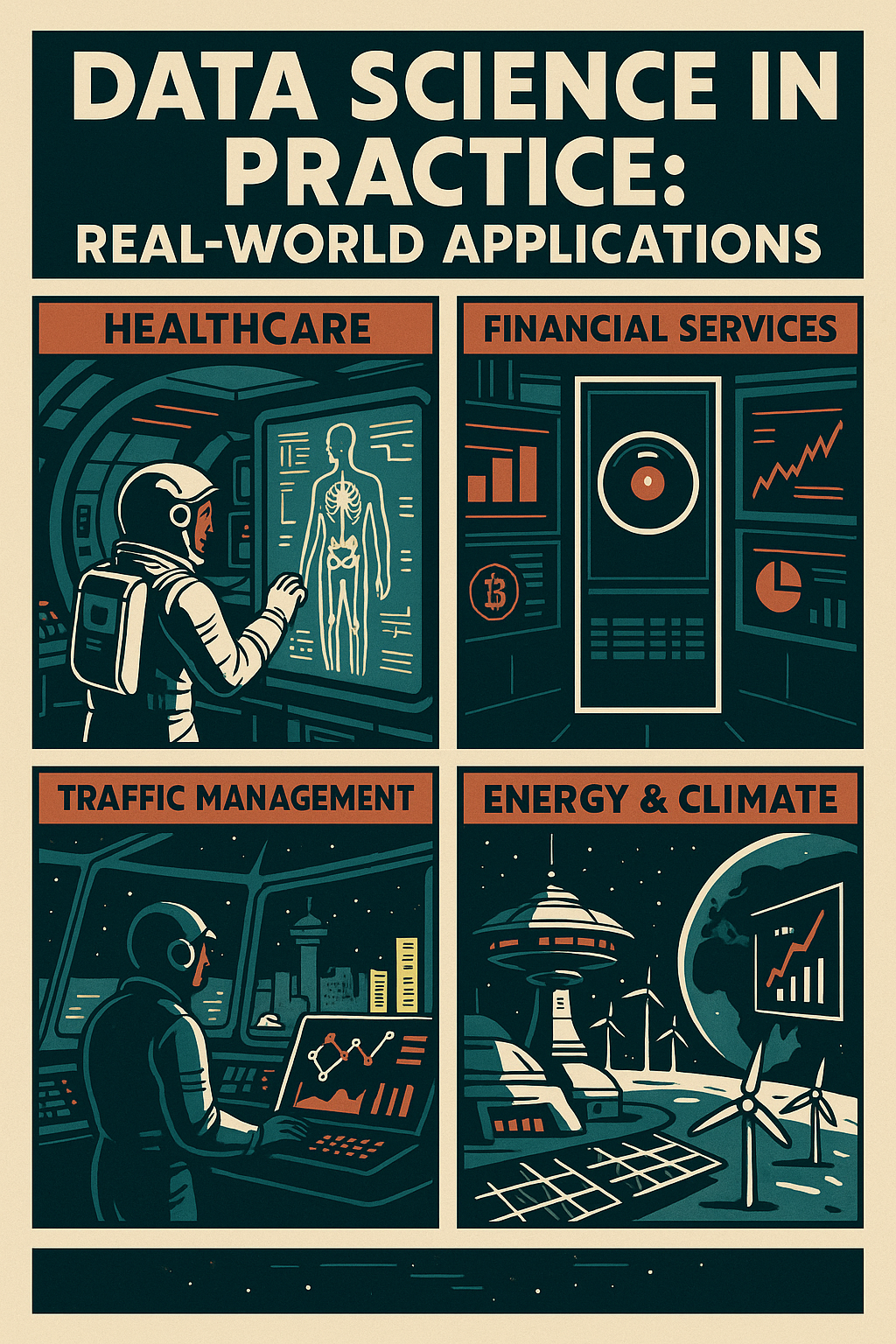
Data Ethics and Responsible AI
As data science and artificial intelligence become increasingly integrated into our business processes and daily lives, the ethical implications of these technologies have come to the forefront. In this post, I'll explore the key ethical considerations in data science and AI, and discuss approaches for building responsible AI systems.
One of the fundamental ethical challenges in data science is privacy. With the ability to collect, store, and analyze vast amounts of personal data, organizations must consider how to balance the value of data-driven insights with the right to privacy. This includes considerations around data collection, consent, anonymization, and data security.
Another critical ethical consideration is bias and fairness. Machine learning models can inadvertently perpetuate or even amplify biases present in their training data. This can lead to unfair or discriminatory outcomes, particularly for marginalized groups. Addressing bias requires careful attention to data collection, preprocessing, model development, and evaluation.
Transparency and explainability are also key aspects of responsible AI. As AI systems make increasingly important decisions, it's essential that these decisions can be understood and explained. This is particularly important in domains like healthcare, finance, and criminal justice, where AI decisions can have significant impacts on people's lives.
In my work, I've found that addressing these ethical considerations requires a multidisciplinary approach that combines technical expertise with perspectives from ethics, law, sociology, and other fields. It's not enough to simply build technically sophisticated models; we must also consider the broader societal implications of our work.
For example, when developing predictive models for financial risk assessment, we need to consider not just the accuracy of the model, but also whether it might inadvertently discriminate against certain groups. This requires careful analysis of the training data, the features used in the model, and the model's predictions across different demographic groups.
Similarly, when developing AI systems for customer service or marketing, we need to consider privacy implications and ensure that we're collecting and using data in ways that respect customer privacy and comply with relevant regulations like GDPR or CCPA.
Building responsible AI systems also requires organizational commitment and governance structures. This includes establishing clear ethical guidelines, creating processes for ethical review of AI projects, and fostering a culture that values ethical considerations alongside technical excellence and business outcomes.
Looking ahead, I believe that ethical considerations will become increasingly important in data science and AI. As these technologies become more powerful and pervasive, the potential for both positive and negative impacts grows. By proactively addressing ethical considerations, we can help ensure that AI and data science are used in ways that benefit society as a whole.
I'm committed to advancing the practice of responsible AI and data science, both in my own work and in collaboration with others in the field. If you're interested in discussing these issues further or exploring how to implement responsible AI practices in your organization, I'd love to hear from you.

